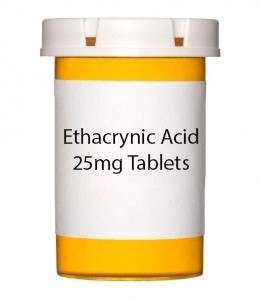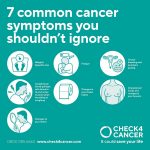
Contents
Edecrin: A Concise Review
ethacrynic acid – oral, Edecrin
Medication Uses How To Use Side Effects Precautions Drug Interactions Overdose Notes Missed Dose Storage USES: Ethacrynic acid is a "water pill" (diuretic) that increases urine production to eliminate excess water. It treats edema caused by conditions like cancer, congestive heart failure, liver disease, and kidney disease. It also helps with symptoms such as difficulty breathing and abdominal swelling (ascites) while improving kidney function. Not for use in infants.
OTHER: This medication may be used to treat high blood pressure in people allergic to other diuretics. HOW TO USE: Take this medication orally, usually once or twice daily after a meal or as directed by your doctor. Avoid taking it within 4 hours of bedtime. Dosage is based on condition and response to therapy. Your doctor will adjust your dose based on weight, swelling levels, and lab results. Inform your doctor if your condition persists or worsens.
SIDE EFFECTS: Dizziness, headache, blurred vision, upset stomach, weakness, tiredness, or diarrhea may occur. This medication increases urine output. If any of these effects persist or worsen, notify your doctor. Serious effects such as dehydration may occur. Seek immediate medical attention for severe symptoms.
PRECAUTIONS: Consult your doctor or pharmacist if you are allergic to this medication or have other allergies. Do not use if you have severe watery diarrhea, very low blood pressure, severe kidney disease, or severe water/mineral loss. Discuss your medical history, especially blood clots, diabetes, gout, kidney and liver disease, peptic ulcer disease, and stroke. Do not drive or operate machinery, and be cautious when changing positions. This drug can lower potassium/sodium levels. Before surgery, dental work, or if you have diabetes, consult your doctor. For pregnant or breastfeeding women, consult your doctor before use. DRUG INTERACTIONS: Inform your doctor of all medications you are currently using, especially cisapride, furosemide, digoxin, ginseng, high blood pressure medications, lithium, and drugs for gout.
QUESTION
OVERDOSE: If overdose is suspected, contact a poison control center or emergency room immediately. US residents can call their local poison control center at 1-800-222-1222. Canada residents can call a provincial poison control center. NOTES: Do not share this medication with others. Regular medical tests should be performed to monitor progress and check for side effects.
Related Disease Conditions
High Blood Pressure (Hypertension)
High blood pressure (hypertension) is a disease where pressure within the arteries is elevated. About 75 million US adults have hypertension, but only half manage it. It often has no warning signs. Systolic and diastolic readings measure blood pressure. The American College of Cardiology states 120/80 mmHg as normal. If higher, it indicates high blood pressure. The American Academy of Cardiology defines 130/80 mm Hg or greater as stage 1 hypertension, and 140/90 mm Hg or greater as stage 2 hypertension. High blood pressure increases the risk of stroke and heart attack.
REFERENCE: CDC. High Blood Pressure. Updated: Nov 13, 2017.


